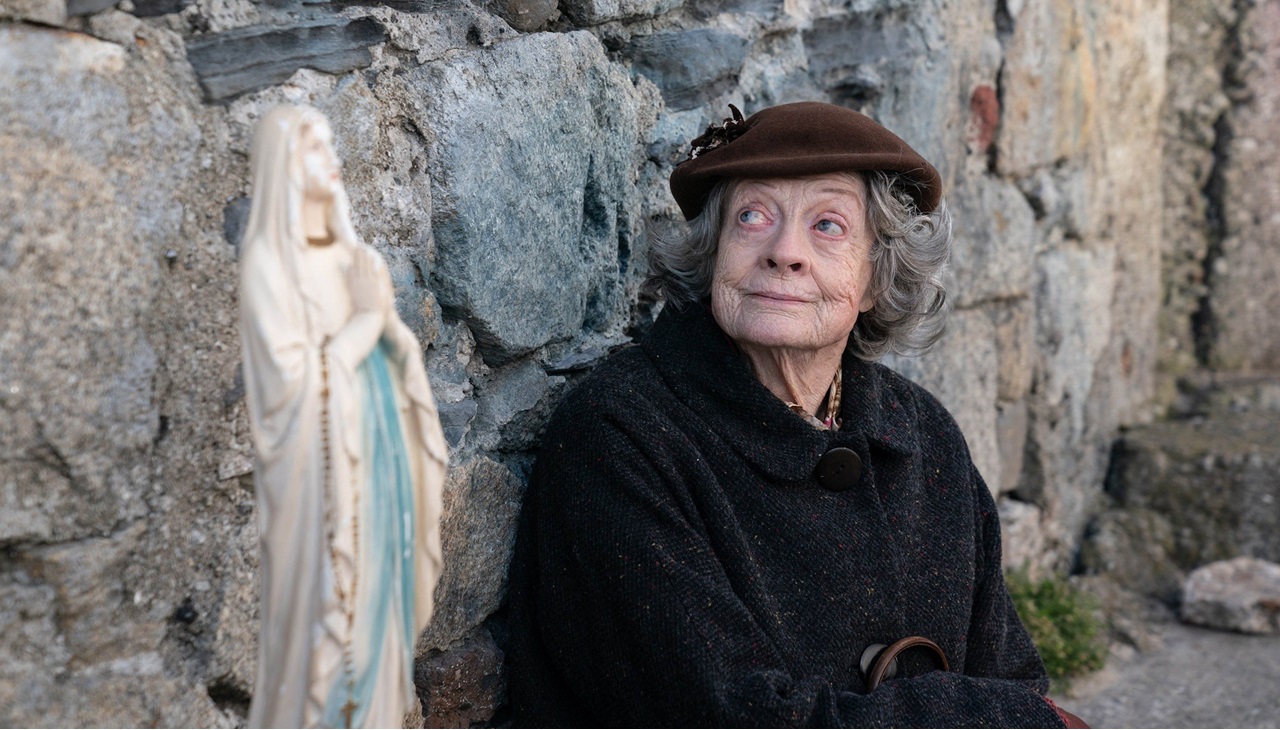
AGUANTE, The documentary that exposes the Puerto Rican macho man
We witness how sexism and colonialism join in a criminal alliance that drowns Puerto Rico in femicides under Dominick Torres's lens.
Dominick Torres is an emerging documentary filmmaker who set out from New York to Puerto Rico years ago. He wanted to report on the humanitarian catastrophe unleashed by Hurricane Maria in 2017. Now, he's back on the trail of another catastrophe that is even deadlier, but no one wants to speak about: the wave of femicides sweeping Puerto Rico.
Aguante is Torres's newly-released documentary funded through Indiegogo, and that addresses the "macho" culture that has affected so many generations of women and even the politics in Puerto Rico.
With more than sixty women a year killed by gender violence, the island's femicide rate is among the highest on the continent, a figure that temporarily spans decades with more victims globally than any other natural catastrophe or terrorist group.
According to statistics, men are the greatest predator and danger to the island's teenage girls and women.

While Torres was at Wheaton College (MA), he traveled to Puerto Rico that summer to analyze the humanitarian situation. The feminist struggle against gender violence strongly impacted him.
So he decided to report on the subject using the Pontifical Catholic University of Puerto Rico as a base during the production and as a mission to offer a tool to festivals, police organizations, and colleges that would effectively transmit the testimony and reflection on such injustices from the perspective of women who have been involved in this struggle for years.
RELATED CONTENT
The result has been a brief, almost essay-like piece in which anthropologists and female doctors explain the double edge of sexism; the "endurance" that makes them tolerate situations of gender violence that in another context would be intolerable, and the impact of their coping mechanisms.
They also point out the necessary impact of Law 54, passed in 1998, which defined gender violence as something physical and psychological, such as controlling the cell phone.
This type of violence does not understand class or race; it affects everyone equally and asymmetrically.
Professionals continue to unravel the lethal alliances between patriarchy and colonialism, exposing how political structure recreates a gender division between the government, who exercises the masculine role, and the territory — the feminine one. It is as if that gender bias is reproduced from the home to the outside as different exercises of power.
Perhaps the worst evidence is when, after surviving a natural catastrophe, the power structures allow an epidemic of gender violence.
Faced with such an outrageous violation of human rights, Torres and his interviewees, in the role of activists, decided to compile a precise analysis and unveil the invisible violence.











LEAVE A COMMENT:
Join the discussion! Leave a comment.